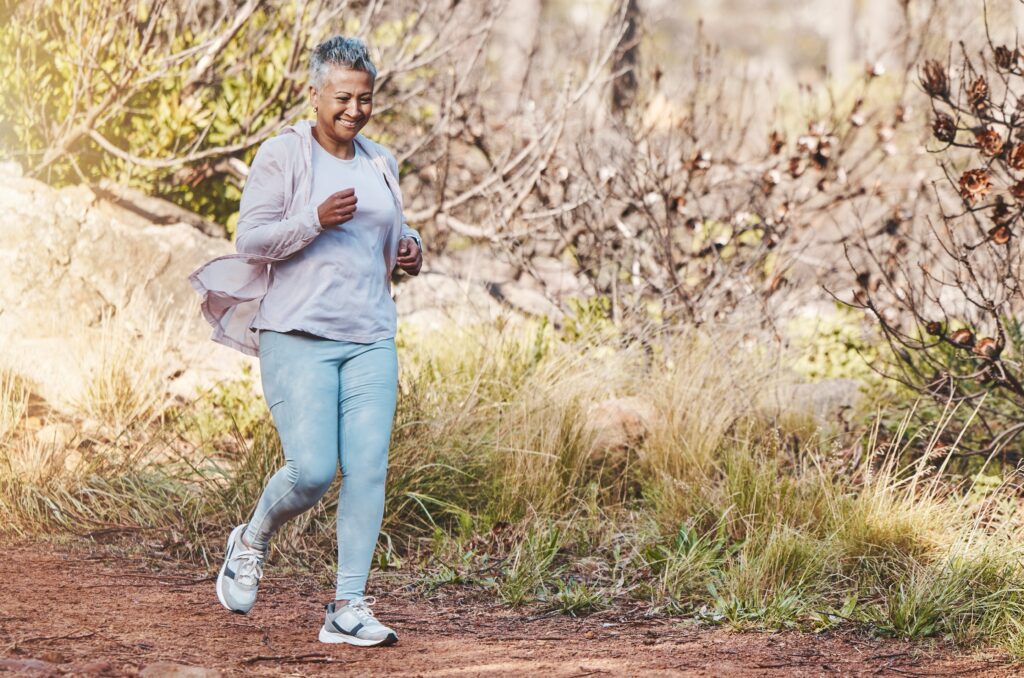
Q: How can I tell if I’m getting close to menopause?
The most consistent sign of being in perimenopause (the time before menopause) is a change in the menstrual cycle. You might notice that your cycle is becoming longer or shorter, lighter or heavier, more frequent or less frequent — there is no single pattern that’s the same for every woman.
Knowing when you’re getting close to menopause is harder to tell. Technically, you’ve reached menopause once you’ve had no period for 12 months in a row, but the transition can take from months to years.
Q: What is the normal age range for menopause?
The average age of menopause (when you’re completely done with periods) is 51, but it’s perfectly normal to reach menopause earlier or later. Menopause that happens before age 45 is considered “early menopause;” before 40, it’s referred to as “premature;” and at 55 or later it’s considered “late-onset.”
Q: What are the most effective ways to avoid hot flashes?
Hormone therapy that combines estrogen and progesterone (or estrogen alone if you’ve had your uterus removed) is the most effective treatment for hot flashes and night sweats.
However, not everyone can or wants to take hormones. If that’s the case, then understanding your individual triggers can help you reduce them. For example, stress, spicy food and alcohol can trigger hot flashes in some women.
Q: When should I talk to my health care provider?
Besides hot flashes and night sweats, many women experience sleep disturbances, vaginal dryness and changes in sexual function as they go through menopause. If you’re having bothersome symptoms, schedule a visit with your provider, and be specific about your issues so we can address them. We use different tools and resources to individualize support for each woman and help you navigate your own unique experience.
Q: Are there any upsides to this change in life?
Having no periods, and no longer having to deal with menstrual products, monthly mood swings or contraceptive worries (just make sure you’ve passed that one-year threshold) can be very liberating.
In addition, this is an excellent time in your life to get proactive about preventing age-related issues such as heart disease, osteoporosis and cognitive decline. The two most important ways to protect your heart, bones, brain and future mobility are to eat healthy and stay active. Focus your diet more on vegetables, fruits, whole grains and lean proteins. Broaden your activities to find ways to build strength (e.g., light weight lifting), keep moving (walking) and stay flexible (yoga, tai chi).
As you transition to this later part of your life, you can have a big impact on how you approach it.


